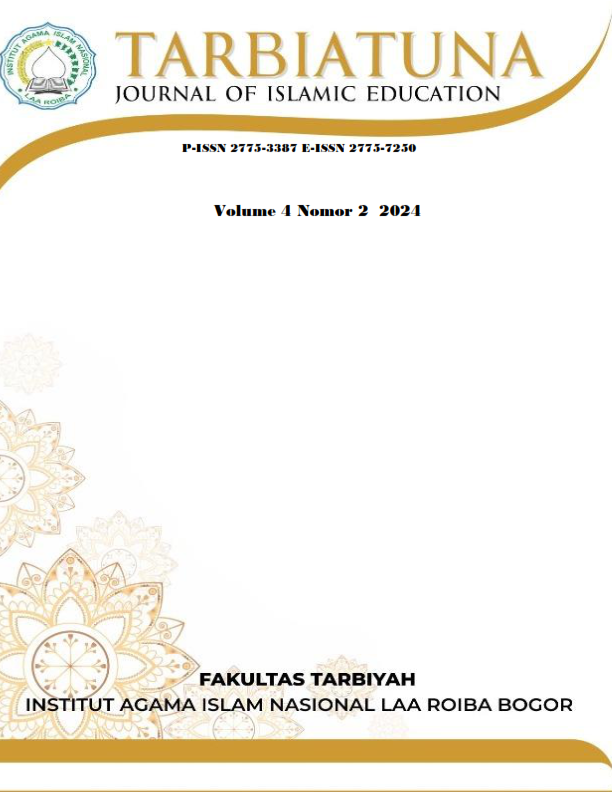Peran Masyarakat Lokal dalam Pengelolaan Daya Tarik Wisata Alam Arung Jeram Papulangi Kabupaten Gorontalo Uatar
Main Article Content
Abstract
Currently tourism activities in Indonesia are experiencing rapid development, this can be seen from the various regions in Indonesia developing tourist destinations in their respective regions. In Law Number 10 of 2009 which states that the existence of tourist attractions in an area will be very profitable, including improving people's standard of living, expanding employment opportunities, increasing Regional Original Income (PAD), then increasing love for the environment and preserving nature and local culture. The existence of the tourism sector in a region can have both positive and negative impacts. However, basically it depends on the management and management of tourism played by all stakeholders from government, private sector and community elements in the area. Achieving the goals and mission of good, sustainable and environmentally friendly tourism development will be possible if the achievement process can be carried out through good tourism governance. (good tourism governance). The principle of implementing good tourism governance is the coordination and synchronization of programs between existing stakeholders and the involvement of synergistic (integrated and mutually reinforcing) active participation between the government, private sector or tourism industry and the relevant local communities.

